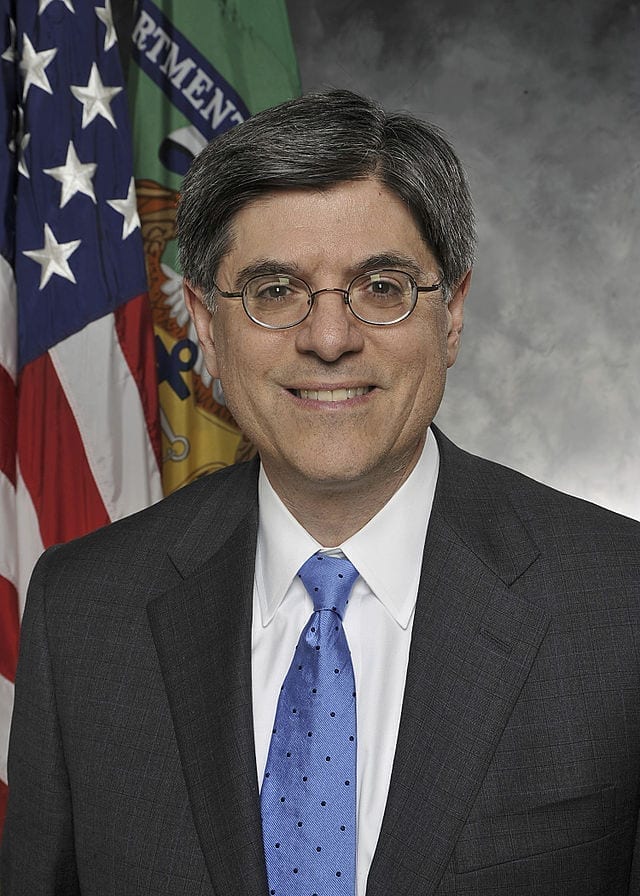6/11/2015
The House of Representatives began a two-day debate on Thursday over giving President Obama “fast-track” authorization (FTA) to negotiate the 12-country Trans-Pacific Partnership (TPP) trade agreement on behalf of the U.S., leading to a congressional vote without amendments or filibusters. Friday’s expected House vote is the final hurdle the president needs after the Senate voted to give him the authorization last month, however a condition of the Senate’s approval includes a measure to provide assistance for American workers displaced by TPP and other trade deals. The Trade Adjustment Assistance (TAA) vote will prove to be difficult however, as motions to proceed with debate on both the Fast Track Authority (FTA) and the TAA were barely approved Thursday afternoon by a 217-212 margin. House Democrats have been feuding amongst each other over whether or not the TAA should include displaced public workers as well as the rule as to how the vote should be carried out. Republicans have generally supported the FTA; however, many are against the TAA, which was added as a concession to Senate Democrats in order to avoid a filibuster.

Photo courtesy of the U.S. Department of the Treasury
The president sent his full arsenal to congress in order to sway House Democrats, including Treasury Secretary Jack Lew, Chief of Staff Denis McDonough, and Labor Secretary Thomas Perez to the Democratic Caucus meeting prior to the House debate. Meanwhile, Obama spokesman, Joshua Earnest warned those who favor employment assistance for displaced workers, “If you’re a member of Congress, and you vote against Trade Adjustment Assistance this week, you are adding your name to the death certificate of Trade Adjustment Assistance because it will go away. And that is a source of significant concern to the President.” Lew added in the caucus meeting that, “We need to treat this moment for what it is: a life or death moment for TAA.” Meanwhile, Republicans added two provisions to attract conservative support, adding one that prevents the president from adding any climate change measures to TPP, and another that forbids the president from making changes in immigration policies as a result from any trade deal. Both measures are largely symbolic, at least according to the leaked chapter on environmental policy, in which TPP only requires discussions on policy changes, and not any legislative action. As far as immigration, that has become a separation of powers debate circulating around the federal court system.
Due to the differing agendas and the mixed-partisan debate, it is difficult to predict whether or not the House will pass the measure Friday, or if debate on the issue will carry over into the weekend or next week. One recent hitch may come from a recently released chapter on Wikileaks, that adds fuel to the argument that the TPP rules are rigged in favor of large corporations, for this matter, pharmaceutical companies. While my colleague, Jay Belle Isle has previously noted how drug makers can challenge the reimbursement rate for differing countries, but could also create a new host of patentable procedures and devices that were previously unpatentable. According to the newly leaked section, The U.S. has backed off of its stance of demanding protections for pharmaceutical prices due to pressure from the other 11 nations involved in TPP. The U.S. however, is demanding a “Transparency Annex” that keeps the process of negotiating the prices for drugs and medical devices open. This could become contentious in both the House debate as well as the international negotiations, especially in countries like New Zealand, who incorporate strict price-controls as well as the lack of available funds in poorer countries like Peru and Vietnam.
Many opponents of TPP cite that this is a major sticking point for House members who believe that the deal gives drug makers too much power over national drug price-control policies, and will ultimately raise the costs of medicines worldwide. Recently, the watchdog group Sunlight Foundation, discovered that the pharmaceutical industry has both filed the most lobbying disclosure forms by far as well as vastly outspending any other sector in lobbying efforts for TPP. One lobbyist, Jay Taylor, president of the Pharmaceuticals Researchers and Manufacturers of America, defends the annex saying, “There are no clear timelines for review, no sense of what a complete dossier is to get a fair review,” Mr. Taylor said. “It’s a question of basic due process.” Longtime head of Public Citizen’s Global Trade Watch, Lori Wallach, disagrees however; responding, “The leak is just the latest glaring example of why fast-tracking the TPP would undermine the health of Americans and the other countries and cost our government more, all to the benefit of pharma’s profits.” Although most of the world’s top pharmaceutical companies are based in the U.S., it is conceivable that companies from member nations who sell their products in the U.S. could raise grievances with national health programs like Medicare and Medicaid, essentially costing taxpayers more money in the future. It is unclear whether or not the recent revelations will change any House member’s vote, but it adds to the uncertainty of what could be a dramatic showdown on Friday.
Sources:
CNN – Deirdre Walsh and Eric Bradner
New York Times – Jonathan Weisman
Yahoo News/AP – Charles Babington and Erica Werner


Join the conversation!